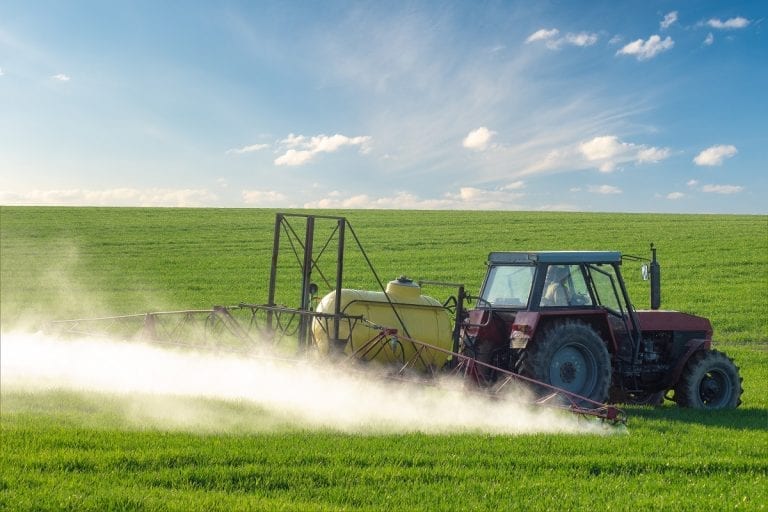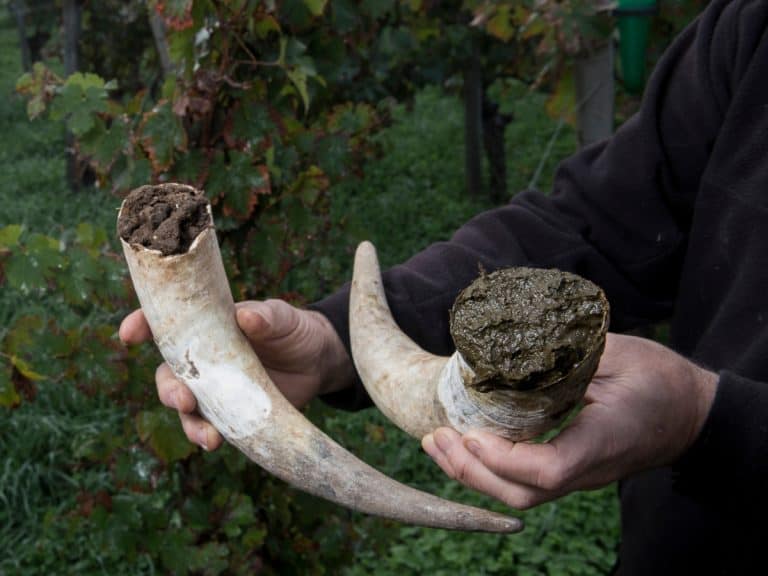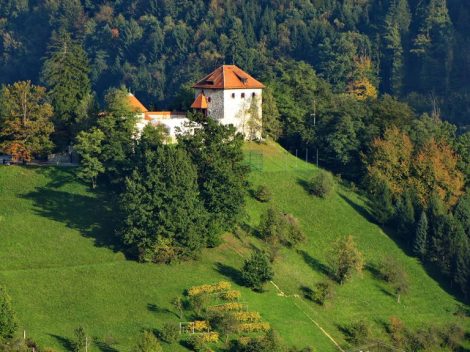Switzerland holds referendum on pesticide ban
It would have been the first European country to ban the use of synthetic pesticides in agriculture, and the second in the world after Bhutan, that went organic several years ago. But Switzerland rejected the proposal. Called to vote for all major decisions – from raising taxes, to combat climate change or the commitment against terrorism – the Swiss people cast ballots on Sunday 13 June again to express their opinion on pesticide ban (not only in agriculture, but also in the maintenance of public green spaces), prohibiting for consistency the import of produce and products made using them. If approved by the popular vote, the bill would have provided for a transition to be completed over the next decade, until pesticides being definitively outlawed. In Switzerland, the economic and political weight of the agrochemical industry is held by the Chinese-owned Syngenta (based in Basel), one of the world leaders in the production of phytosanitary products.
Yes and no, the main arguments
This is one of the reasons for the heated debate in the recent months between those in favour and those against, the latter including the government and parliament, on the strength of the fact that currently in Switzerland the use of pesticides is only authorised after rigorous tests. The 'no' side also used the possible social and economic consequences of a 'yes' vote as deterrent, predicting a rise in food prices, once imports of banned foods ceased (Switzerland imports more than 60% of the agricultural products consumed annually in the Confederation).
On the other hand, the associations supporting the yes-vote – in favour of the proposal promoted by scientists and farmers - have been focusing in the past weeks on health risks and the environment, downplaying the economic impact on a sector that in Switzerland can already count on many pesticide-free farms. Part of public opinion was sensitive to environmental issues, but this was not enough: the Swiss Confederation rejected the pesticide ban by more than 60%, and – after a head-to-head vote – the proposal to reduce CO2 emissions was also thrown out by 51%. Turned down the proposal "For clean drinking water and healthy food" as well, always centred on a revolution in the primary sector, with a ban on subsidies to pesticide users in farms and antibiotics in animal husbandry. Voters who live (and work) in the countryside were the main ones to reject the petitions, while the votes in favour were concentrated in the big cities (the highest concentration of those against the use of pesticides in the pre-election polls was in the Italian-speaking area of Switzerland).
Italy and pesticides
First in Europe to approve the pesticide ban on its territory, the small South Tyrolean municipality of Malles is still a rare bird. As far as Italy is concerned, a recent Eurostat report showed that pesticide sales in the country have dropped by a third in the last decade, bucking the trend of countries as France and Spain, where pesticide usage is on the rise. However, according to the survey published at the end of 2020 by Greenpeace UK, Italy is the second European exporter of pesticides banned in the EU, second only to the United Kingdom. The data refer to trade in 2018, and show the intensity of exports (planned, but, for the sake of transparency, not always accomplished) of ten different dangerous agrochemicals to the United States, Australia, Canada, India, Japan and Mexico.
by Livia Montagnoli


 With fish, you can (also) drink red!
With fish, you can (also) drink red! The story of the pharmacist who dispenses prescriptions by day and crafts gourmet burgers by night
The story of the pharmacist who dispenses prescriptions by day and crafts gourmet burgers by night It's time for light Prosecco: the lower-alcohol version is the latest innovation in record-breaking bubbles
It's time for light Prosecco: the lower-alcohol version is the latest innovation in record-breaking bubbles "Biodynamic preparations ave no effect on viticulture": The shocking conclusions of a Swiss study
"Biodynamic preparations ave no effect on viticulture": The shocking conclusions of a Swiss study Ten last-Minute Christmas gift ideas for a wine nerd
Ten last-Minute Christmas gift ideas for a wine nerd






